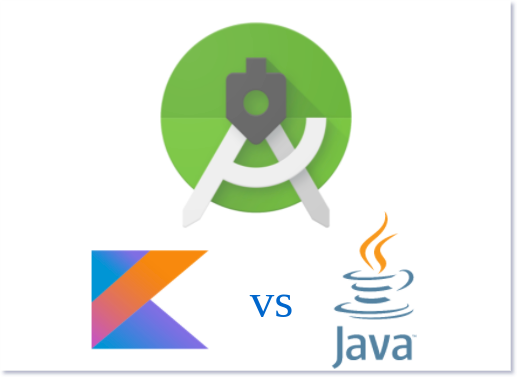

Oracle muddied the waters by telling developers not to use its Optional for field or parameter values, but as with many features introduced in Java 8, it was good enough and was adopted into the mainstream usage of Java.ĭepending on its age, your Java code may use some or all of these strategies for dealing with absence. They came to appreciate the advantages of using an Optional type (named Option in Scala’s standard library) when absence was possible, and plain references when it was not. More crucially, though, Java 8 also introduced a standard Optional type.īy this time, many JVM developers had dabbled in Scala.

Java 8, released in 2014, enhanced support for annotations to the extent that tools like the Checker Framework could statically check much more than just null safety. Some codebases opted to use and annotations instead, often supported by tools that would check for correctness. Within a codebase, this works well enough (even if it is a little verbose, and requires eternal vigilance to avoid the scourge of NullPointerExceptions). So we might name a field addressLine3OrNull, or a method previousAddressOrNull. Over the years, your authors and their colleagues settled into a convention where Java references are assumed to be nonnull unless otherwise flagged. We can deduce that methods that return an item from a collection must be able to return null, but can addressLine3 be null, or do we use an empty string when there is no information? Prior to Java 8, Java relied on convention, documentation, and intuition to distinguish between references that could or could not be null. This is another area where the grains of Java and Kotlin are different. Other than we are declaring a variable rather than a function (per your example) the reasoning why it compiles is identical.Perhaps Kotlin’s most attractive feature for Java programmers is its representation of nullability in the type system. You might be able to argue that the compiler should warn you that this code is probably incorrect (its a strange way to intentionally throw an NPE), however it is valid Kotlin. Merging the lines together gives you: var z : ResponseEntity = null!! This is valid code from a compilation standpoint, however at runtime it will fail with a NullPointerException, there is nothing unusual about this. When you use the !! operator you are instructing the compiler that the returned type isn't nullable, therefore variable y is of type: ResponseEntity Variable x has been defined be of type: ResponseEntity?

Say you have the code: var x : ResponseEntity? = null Your !! operator is then telling the compiler to add a runtime cast to: ResponseEntityįrom a compilation standpoint this is valid Kotlin, however at runtime it will always throw an NPE. The compiler is acting as if null has a type of: ResponseEntity?


 0 kommentar(er)
0 kommentar(er)
